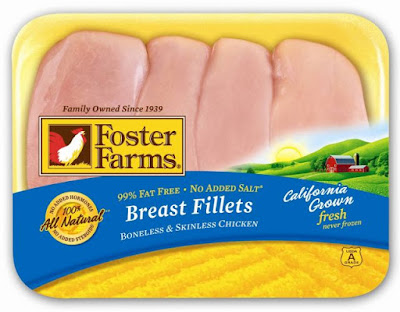The definition of natural is "something that exists or is created in nature rather than made by mankind." Crude oil, for example, is natural; the refined gasoline that we fill up our cars with is not.
In regards to food, consumers tend to think that the word "natural" means that the food is less "artificial" than a conventionally produced item. If you were to ask a group of people to define what "natural" means on a food label, you'd likely get a broad range of answers including no-added hormones, non-GMO, and no "artificial" additives. "Natural," for many people, implies that the food is somehow healthier because it is the opposite of unnatural.
So why would there be such a broad range of answers to a labeling question? Well, it turns out that there is no right answer.
In the food industry, there is no set definition and no regulations regarding "natural" products. Currently, the FDA only has an advisory that a "natural" product is one free from added color, artificial flavors, or synthetic substances. This is essentially an opinion and lacks the legal binding of a regulation.
The FDA has no set definition because so much of our food has been processed and is no longer a product of the earth. The FDA itself has admitted that it hasn't developed a definition for the term "natural" and its derivatives due to this difficulty.
You can find the current state of the "natural" food label according to the FDA here.
1. Be free of artificial colors, flavors, sweeteners, preservatives, and ingredients that do not naturally occur in the food.
2. Must be minimally processed in a method that does not fundamentally alter the raw product.
3. The label must explain the use of the term "natural," e.g. no artificial ingredients.
So if "natural" is not a federally regulated term outside of meat and poultry, does it mean that companies can simply slap "natural" on any product packaging and get away with it? Not necessarily.
The true implication is that the "natural" label could mean something very different from what you might personally expect, and could contain ingredients you don't consider "natural" but technically comply with the FDA advisory.
What it boils down to is this: take any claims that a food is natural with a grain of salt. And remember that "natural" potato chips aren't any kinder to your waistline than the normal kind.













